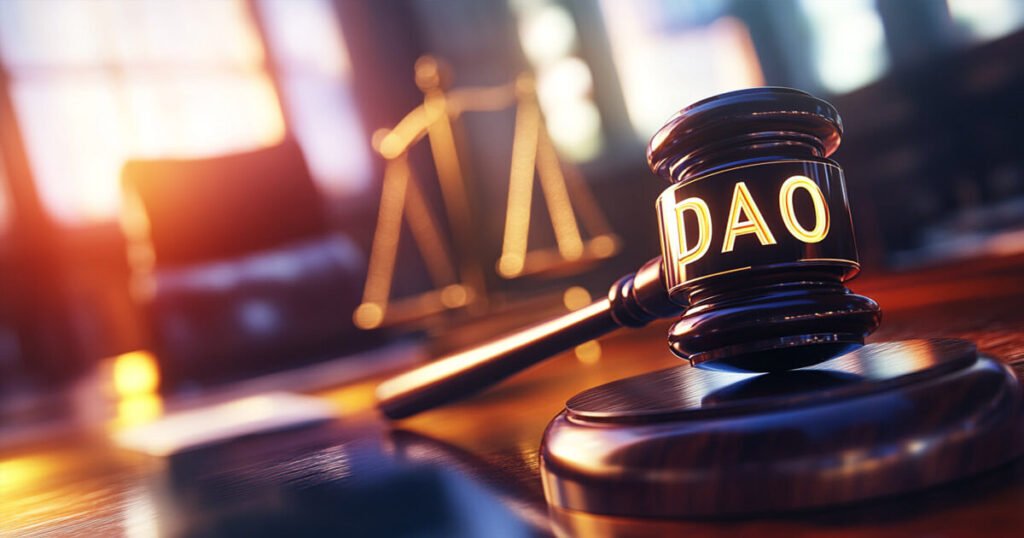A recent ruling by the US District Court for the Northern District of California has determined that decentralized autonomous organizations (DAOs) can face legal liability under general partnership laws. The decision, delivered on Nov. 18 by Judge Vince Chhabria, establishes that DAOs and their identifiable members can be held accountable for legal actions. This ruling came as a result of a lawsuit involving Lido DAO, a decentralized autonomous organization behind the Ethereum liquid staking protocol. Despite attempts by Lido DAO to avoid liability by claiming it was not a legal entity, the court determined that it operates as a general partnership under California law.
Andrew Samuels, a former LDO token holder, initiated the lawsuit against Lido DAO after incurring losses from a decline in the token’s value. Samuels accused the organization of offering unregistered securities and violating federal securities laws, arguing that the DAO and its identifiable partners should be responsible for his financial losses. Judge Chhabria supported Samuels’ claims, emphasizing that Lido DAO’s decentralized structure does not shield it from legal action. The lawsuit implicated institutional investors such as Paradigm, Andreessen Horowitz (a16z), and Dragonfly Digital Management as liable partners, while Robot Ventures had its dismissal motion accepted due to insufficient evidence.
The court clarified that Lido DAO’s business model aligns with general partnership criteria, as it operates an Ethereum staking service that collects a percentage of staking rewards with plans to distribute revenue among founders and token holders. The ruling has sparked concern within the blockchain community, as it sets a precedent that could impact other DAOs and their contributors. Miles Jennings, General Counsel at a16z Crypto, viewed it as a significant challenge for decentralized governance, warning that even minimal participation in a DAO could lead to legal liability for other members’ actions. Jennings suggested that the industry may need to consider adopting the Decentralized Unincorporated Non-profit Association Act (DUNA) as a protective measure, a bill passed in Wyoming that recognizes blockchain-based DAOs as legal entities.
Gabriel Shapiro, a pro-crypto lawyer, commented that DAOs may now require formal legal structures to minimize risk, as efforts to avoid legal liability through decentralized systems have seemingly reached their limits. Shapiro suggested that legislative solutions may offer relief in the future, noting that even decentralized systems like TornadoCash could face legal prosecution against those involved. The ruling by the US District Court for the Northern District of California underscores the importance of understanding legal implications for decentralized organizations like DAOs, highlighting the need for clarity and compliance within the blockchain sector.


